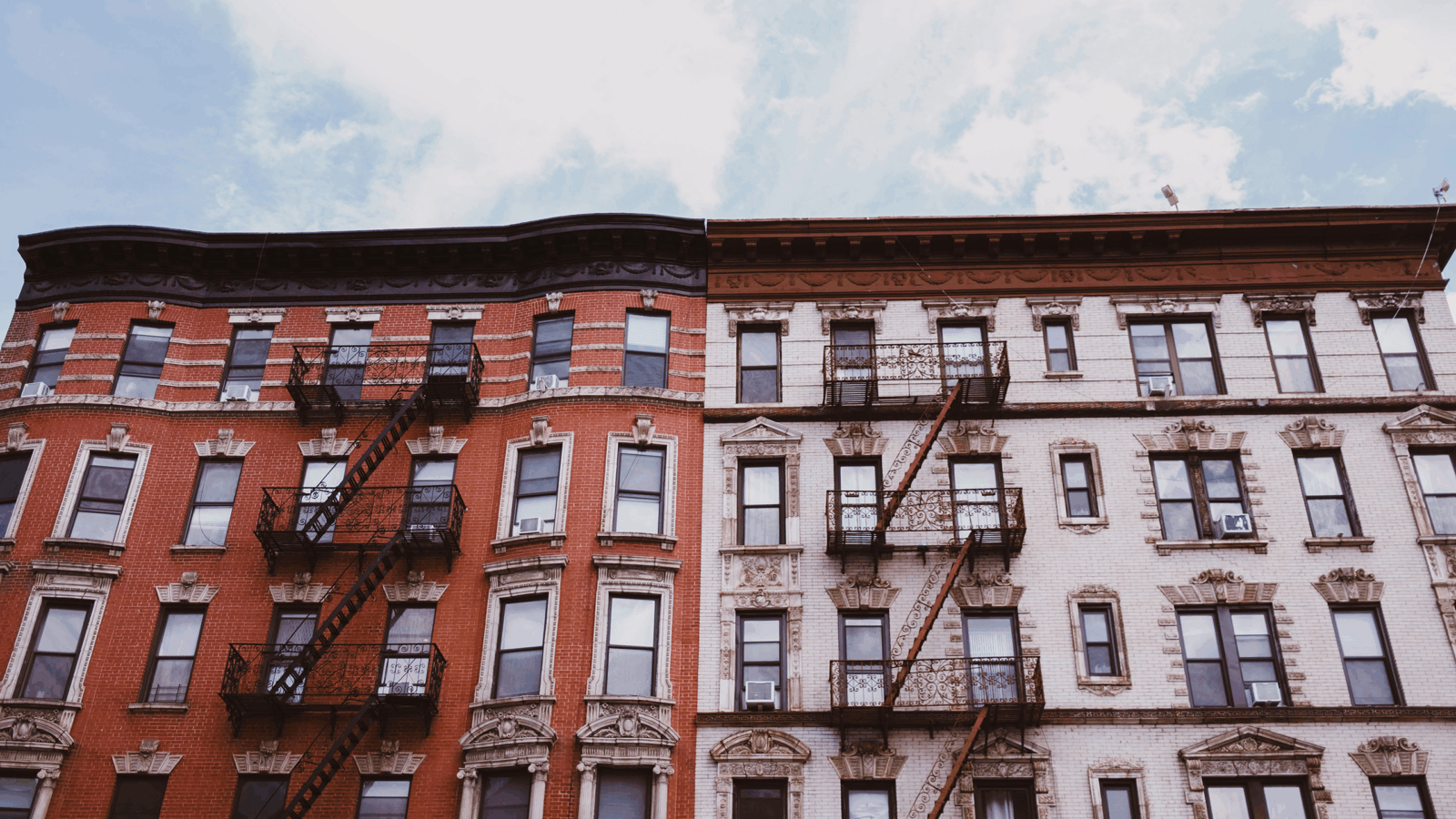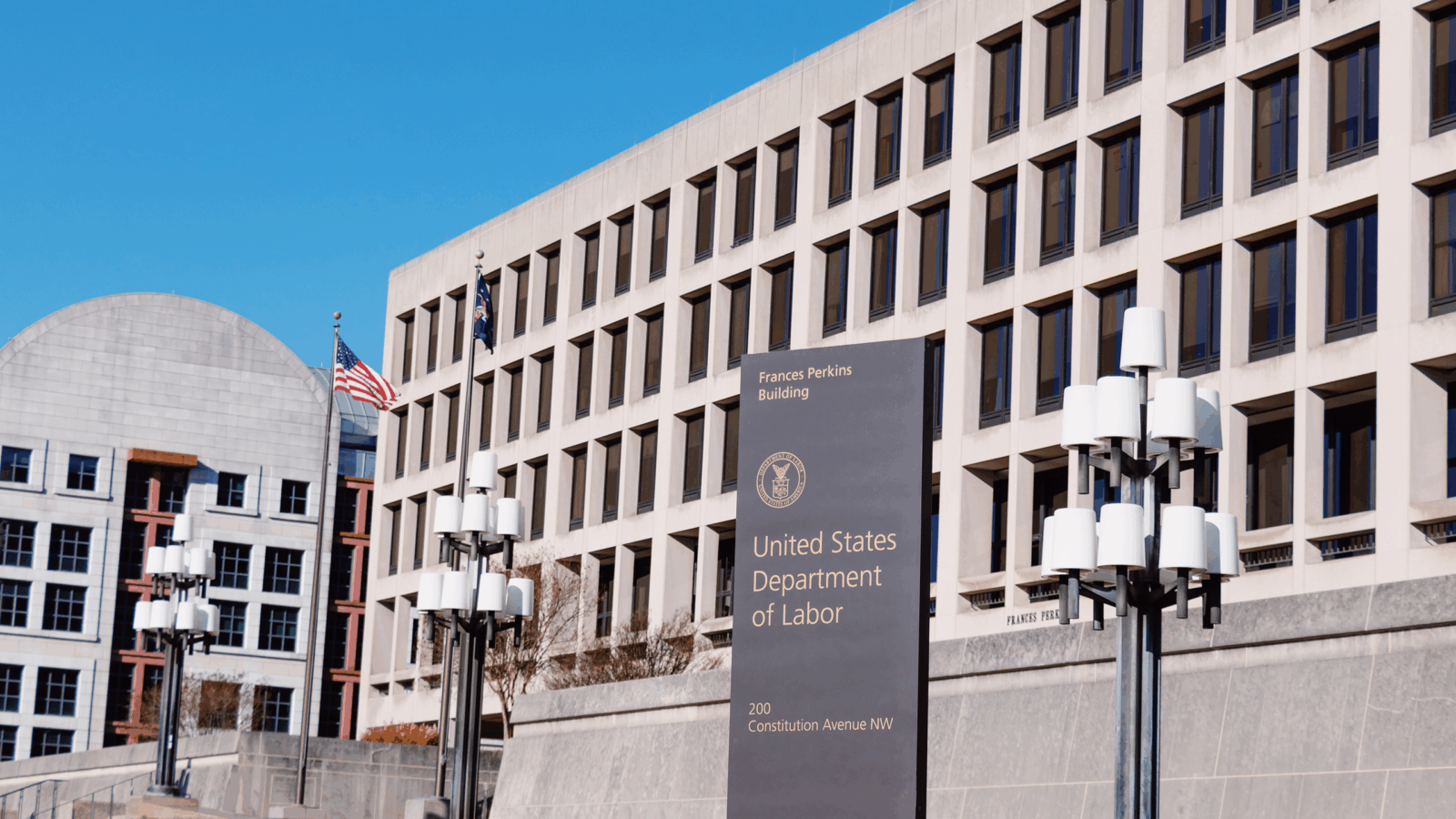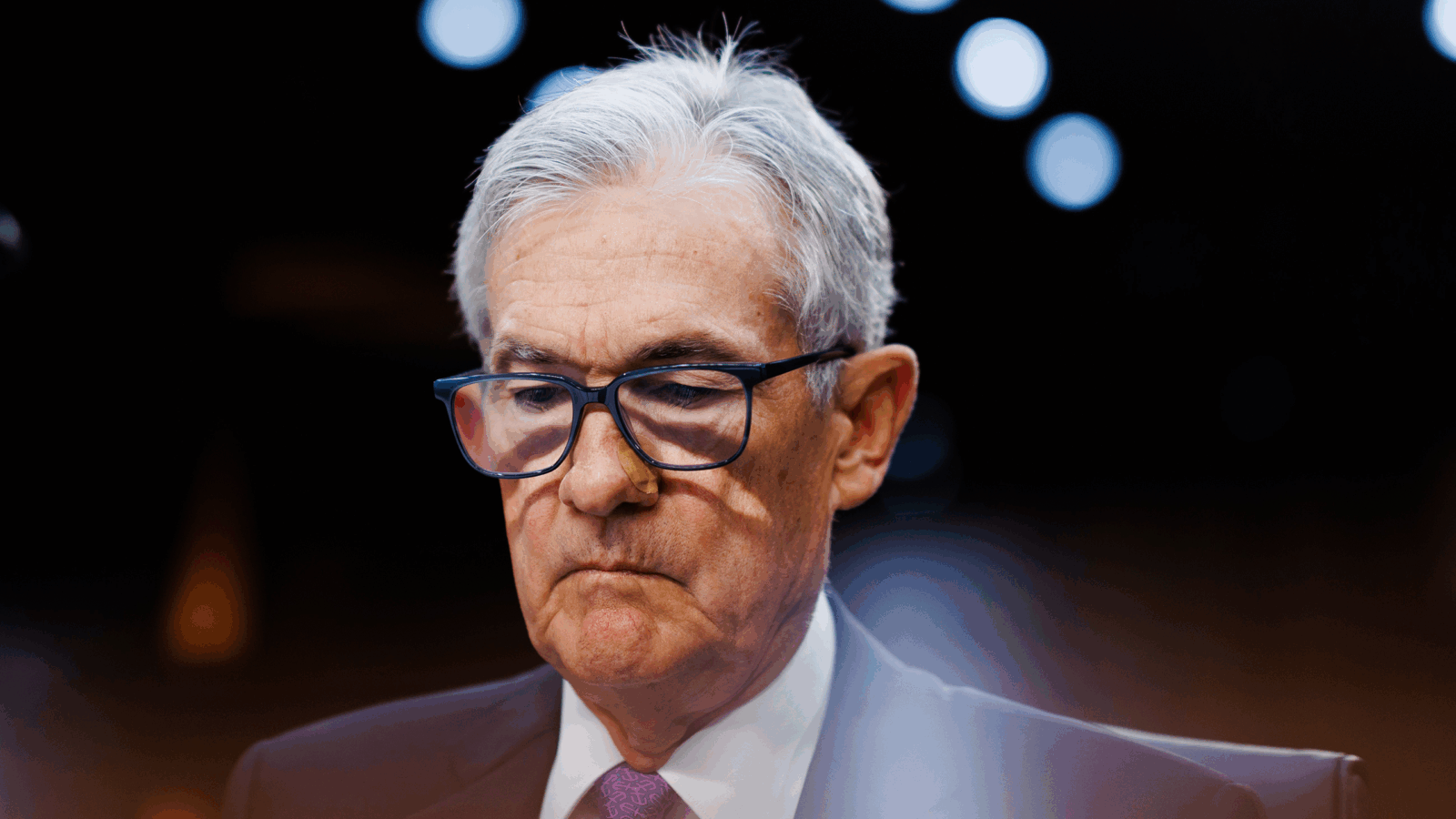Sign up for smart news, insights, and analysis on the biggest financial stories of the day.
The mortgage market is on fire, but for some, the fervor is bringing back painful memories.
Americans are on track to take more mortgages this year than even in the period leading up to the 2008 financial crisis.
Mortgage Madhouse
This year’s recession has brought with it record-low interest rates. The 30-year fixed mortgage rate has been under 3% since July and over 9 million Americans have saved money by refinancing their mortgages in 2020, according to mortgage data company Black Knight Inc.
Through the first nine months of the year, lenders extended mortgages worth $2.8 trillion, and the enthusiasm has continued into the home stretch:
- Analysts are now predicting 2020 origination volume to exceed 2003’s record of $3.7 trillion.
- Inside Mortgage Finance reports refinancing is on pace to represent the largest share of originations since 2012 – already accounting for 65% through September.
Non-traditional lenders (non-banks) like Quicken Loans and United Wholesale Mortgage have flourished in the low-rate environment. Quicken’s parent Rocket Mortgage went public in August and numerous peers are preparing to do the same.
Enhanced Equity
With many Americans trading city streets for cul-de-sacs and others searching for a more suitable work-from-home atmosphere, the lean U.S. housing supply has been unable to keep up with demand.
Economics 101 tells us that means prices are rising. And rising prices are giving homeowners a boost to their nest egg:
- According to CoreLogic, homeowners with mortgages (about 63% of all properties) have seen their equity increase 10.8% in the last year. That’s a collective $1 trillion – the equivalent of $17,000 per homeowner, the largest equity gain in over 6 years.
The greatest windfall has gone to places where prices are scorching, like California, Washington and Massachusetts. Homeowners in that trio of states banked more than $30,000 on average.
The Takeaway
The flipside is that one of the states hit hardest by the pandemic, North Dakota netted the lowest annual equity gain – just $5,400.











